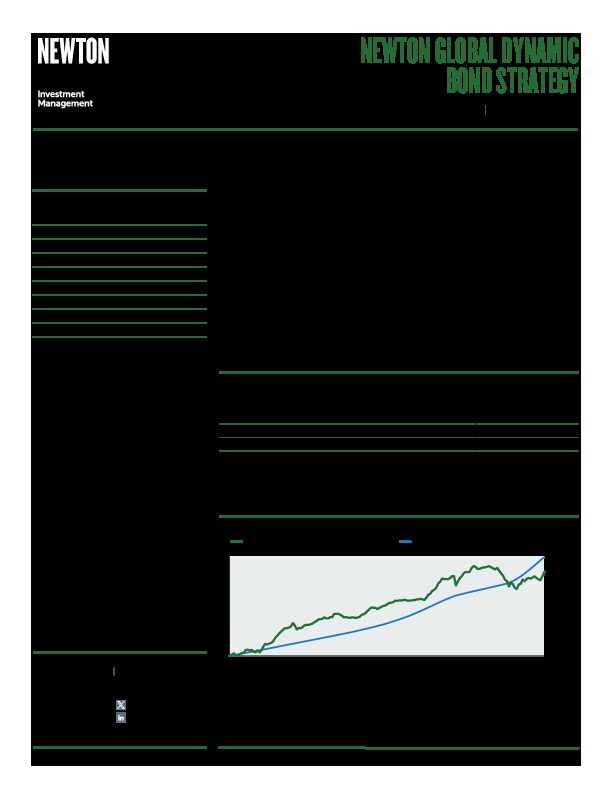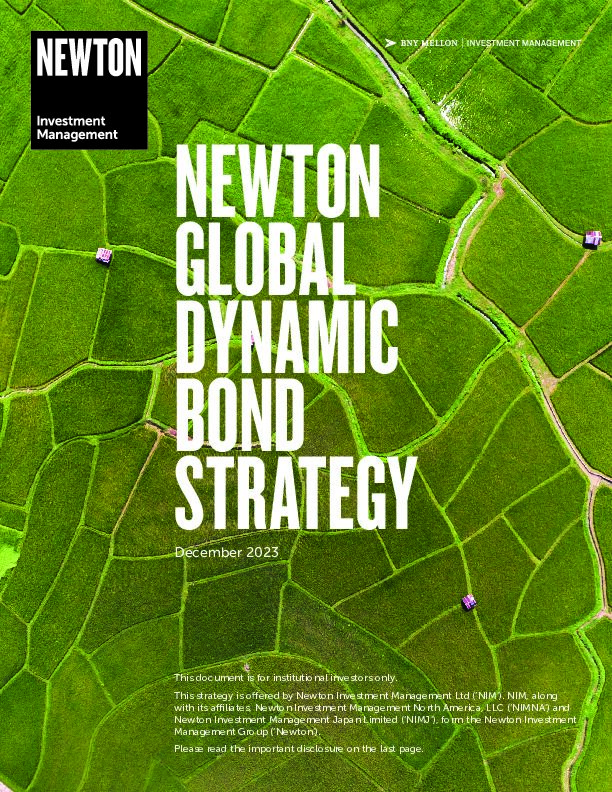Strategy Profile
-
Objective
-
The strategy seeks to deliver a minimum return of SOFR (30-day compounded) +2% per annum over rolling 5-year periods, from a globally diversified portfolio comprised of multiple fixed-income asset classes. In doing so, it aims to achieve a positive return on a rolling 3-year basis. However, a positive return is not guaranteed and a capital loss may occur.
-
Performance benchmark
-
SOFR (30-day compounded) +2%*
*Please note that on November 1, 2021, the performance benchmark for this strategy changed from 1-month USD LIBOR +2% to SOFR (30-day compounded) +2%. -
Strategy inception
-
Composite inception: September 1, 2010 (USD strategy); May 1, 2006 (GBP strategy)
Investment Team
-
- This strategy is managed by a focused, experienced fixed-income team. In-house research analysts are at the core of our investment process, and our multidimensional research platform spans fundamental, thematic, ESG, quantitative, geopolitical, investigative and private-market research to promote better-informed investment decisions.
Want to find out more?
Your capital may be at risk. The value of investments and the income from them can fall as well as rise and investors may not get back the original amount invested.
Newton will make investment decisions that are not based solely on ESG considerations. It is one of many inputs into the fundamental analysis. Other attributes of an investment may outweigh ESG considerations when making investment decisions. The way that material ESG considerations are assessed may vary depending on the asset class and strategy involved. As of September 2022, the research team performs ESG analysis on equity securities prior to their addition to Newton’s Research Recommended List (RRL). ESG reviews are not performed for all fixed income securities. The portfolio managers may purchase equity securities that are not included on the RRL and which do not have ESG reviews. Not all securities held by Newton’s strategies have an ESG review completed prior to investment.













